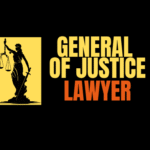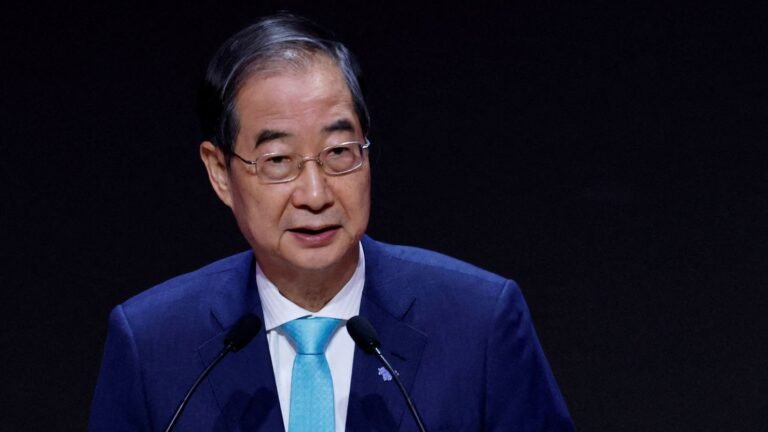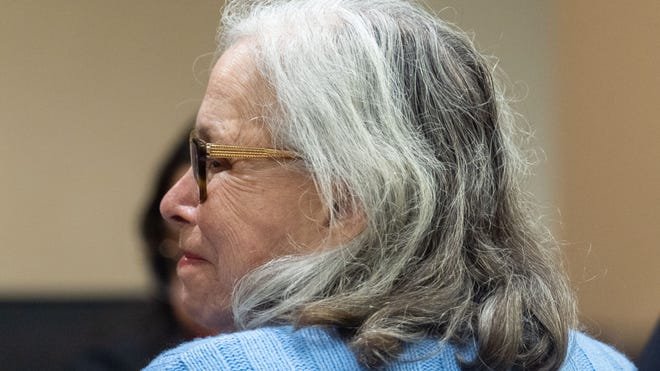
By The General Justice Lawyer, June 29 2925
Seoul, South Korea — South Korea maintains one of the most stringent defamation frameworks in the democratic world.
Unlike many Western jurisdictions, South Korean law permits criminal prosecution for defamation even if the statements made are factually true, provided they are deemed to harm another’s social reputation without justifiable public interest.
This strict approach, outlined under Articles 307 to 312 of the Criminal Act, has become increasingly relevant in the context of digital platforms, celebrity culture, and the expanding boundaries of personal publicity rights.
Criminal and Civil Defamation: Legal Foundations
Under the Criminal Act, defamation occurs when a person publicly spreads facts or falsehoods that damage another person’s reputation. Article 307 distinguishes between “defamation by stating facts” (which can still be punishable) and “defamation by falsehood,” which carries heavier penalties. Penalties range from up to two years of imprisonment or a fine of up to 5 million KRW for fact-based defamation, and up to five years or 10 million KRW for falsehoods.
In addition to criminal proceedings, South Korean law also permits civil claims for damages under the Civil Act, particularly Article 750, which deals with unlawful acts. Victims may claim financial compensation for reputational damage, emotional distress, and financial losses resulting from defamatory content.
The SUNOO Incident: Public Comments and Private Consequences
The case of ENHYPEN’s SUNOO highlights how quickly online commentary can escalate into potential legal exposure. After a video showing the idol with a pale expression circulated on YouTube and social platforms, several commenters accused him of faking illness or being high-maintenance. Fans launched campaigns encouraging the agency to pursue legal action under defamation statutes.
This incident illustrates the threshold question in Korean law: Did the statements serve a legitimate public interest, or were they simply made to ridicule or degrade? Even speculative comments about health or behavior can trigger liability, especially if they spread widely and affect the subject’s public image or income potential. While no formal charges have been filed in this case, SUNOO’s agency made public warnings that legal consequences were under consideration, referencing both defamation and insult statutes.
Kim Sae-ron’s Former Manager: False Allegations and Legal Retaliation
In a more formalized action, the former manager of actress Kim Sae-ron filed a defamation complaint on June 23, 2025, against YouTuber Kwon Young-chan. The YouTuber had accused the manager of embezzlement and grooming behavior without providing evidence. The manager’s legal team cited violations of Article 307(2), stressing that the statements were not only false but also lacked any newsworthiness.
This case is illustrative of how South Korean defamation law protects professional reputation, not just individual dignity. The allegations directly threatened the manager’s standing in the entertainment industry, which is considered relevant under jurisprudence that recognizes occupational harm. Legal consequences may include both criminal sanctions and monetary damages, particularly if malicious intent can be established.
King Kong by Starship: Corporate Entities Can Be Defamed
In another recent dispute, King Kong by Starship, an entertainment agency representing top actors, responded to a series of online claims alleging sexual misconduct and contract violations involving unnamed talent. While no individual names were mentioned, the agency issued a legal statement warning of imminent defamation and cyber insult suits.
Under Korean law, legal persons—including corporations and agencies—can be victims of defamation. Article 307 protections extend to any entity with a social reputation. Even vague implications that damage credibility or commercial relationships may qualify for both civil and criminal remedies.
This scenario also interacts with Korea’s Unfair Competition Prevention and Trade Secret Protection Act, especially when defamatory speech intersects with false business disparagement or misappropriation of trade information.
Broader Implications In a Hyperconnected Era
South Korea’s defamation laws continue to attract international scrutiny for their strictness. Yet within the local context, they reflect cultural values that prioritize honor, social harmony, and the right to dignity. The law does, however, provide for exemptions when speech serves a “justifiable public interest”, such as in whistleblowing or matters of high civic importance.
However, this public interest defense is narrowly interpreted. Even factual statements about criminal cases or past misconduct can be punished if deemed unnecessary or overly intrusive. In the entertainment world, this means fan speculation, influencer commentary, and YouTuber exposés now face growing legal risk, especially when monetized.
As South Korea updates its AI and image rights laws—including the 2026 AI Basic Act and the expansion of the Unfair Competition Act to cover face, voice, and digital likeness—defamation law will likely evolve further to accommodate the realities of AI-generated content, deepfakes, and parasocial surveillance.
In South Korea, defamation law is not limited to falsehoods. Truthful yet damaging statements can trigger both prison time and civil liability if they fail the public interest test. The legal trend is clear: whether it is an idol’s health, a manager’s integrity, or a corporation’s brand, the reputational stakes are high. Defamation is not merely a matter of hurt feelings—it is a legally actionable offense with real-world consequences, particularly in a society where reputation is currency.
Author

Latest entries
 Donna Adelson Trial2025-09-05Donna Adelson Found Guilty on All Counts in Dan Markel Murder Case
Donna Adelson Trial2025-09-05Donna Adelson Found Guilty on All Counts in Dan Markel Murder Case True Crime2025-09-03Epstein Files: Survivors Break Silence on Capitol Hill
True Crime2025-09-03Epstein Files: Survivors Break Silence on Capitol Hill US2025-09-03Cardi B Assault Trial Verdict — She’s Not The Drama
US2025-09-03Cardi B Assault Trial Verdict — She’s Not The Drama US2025-08-30Jim Crow Era — Louisiana’s Split Juries Problem and the Limits of Retroactivity
US2025-08-30Jim Crow Era — Louisiana’s Split Juries Problem and the Limits of Retroactivity






